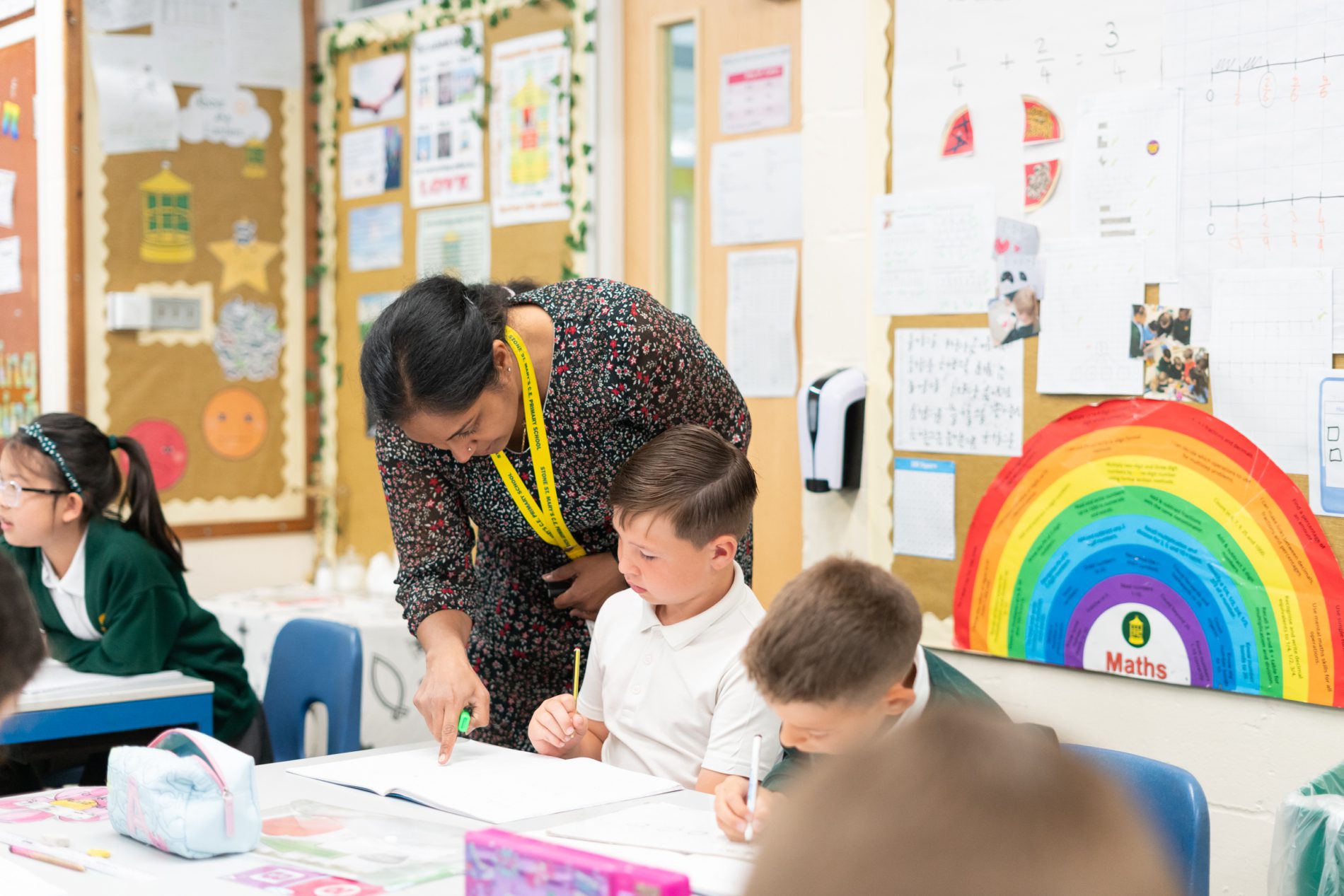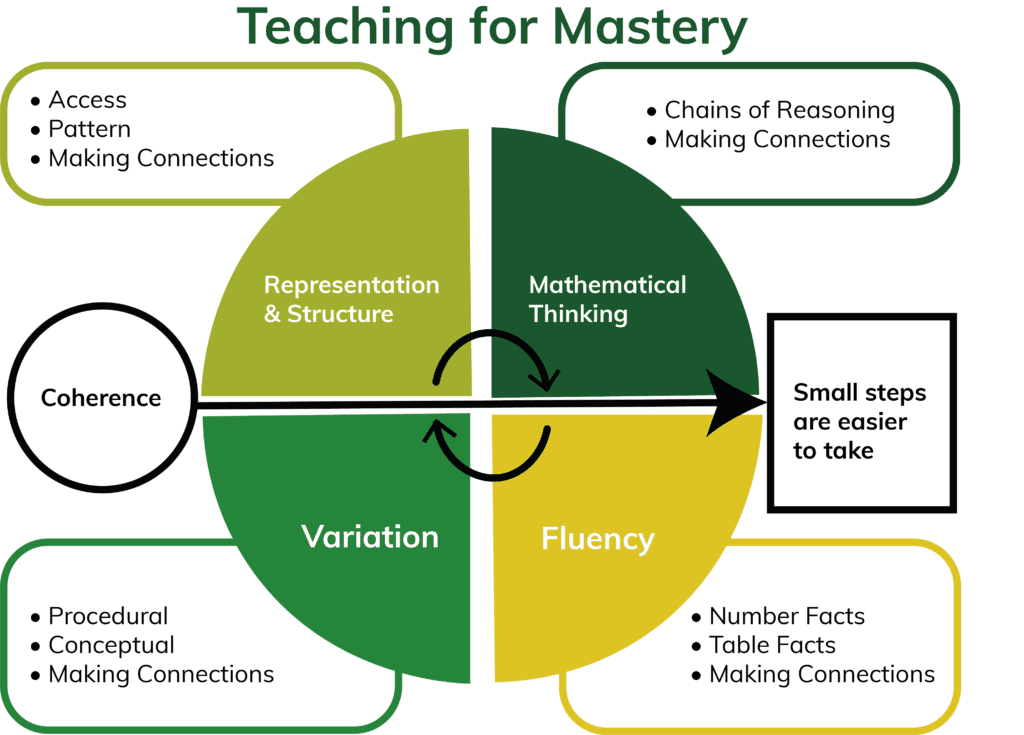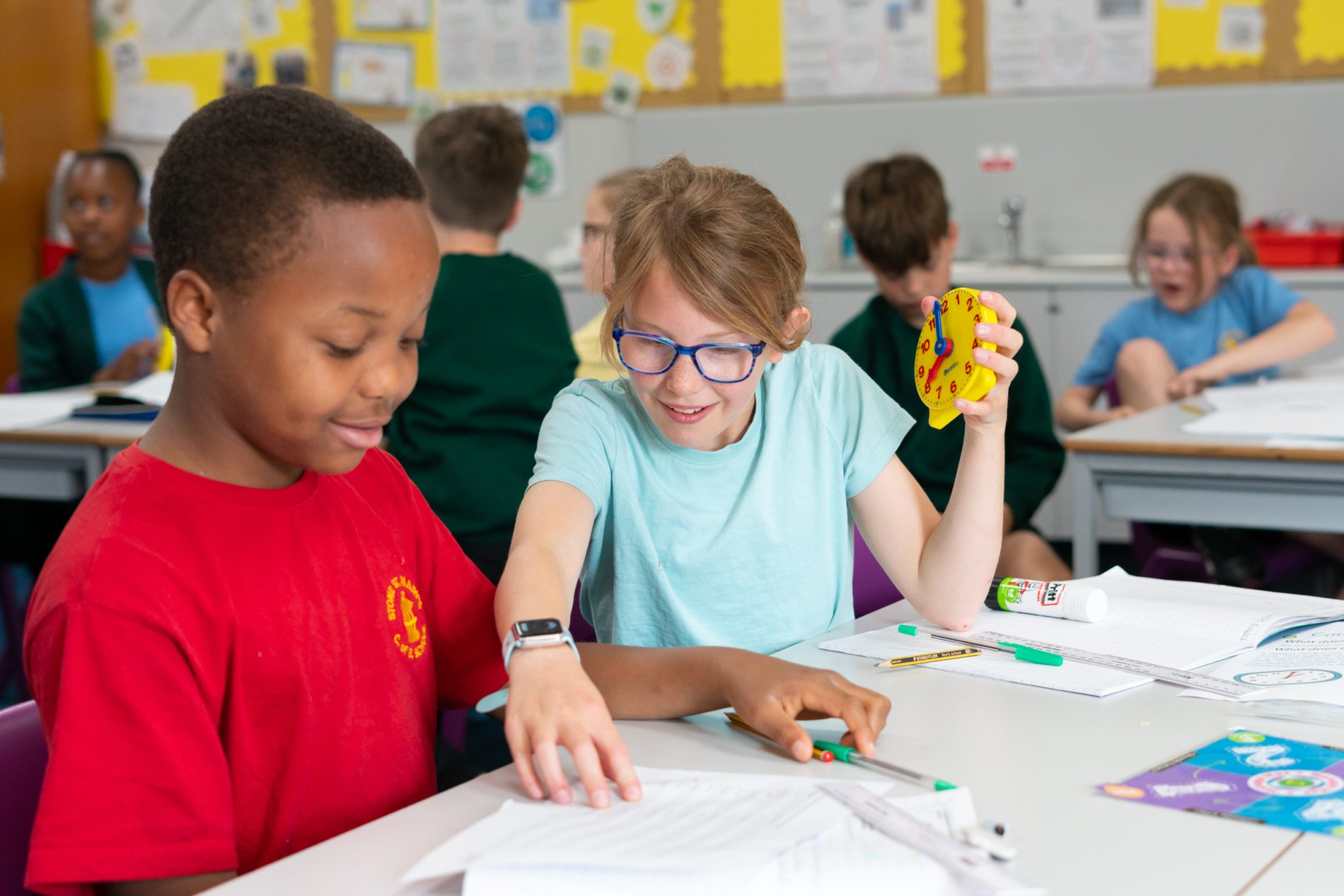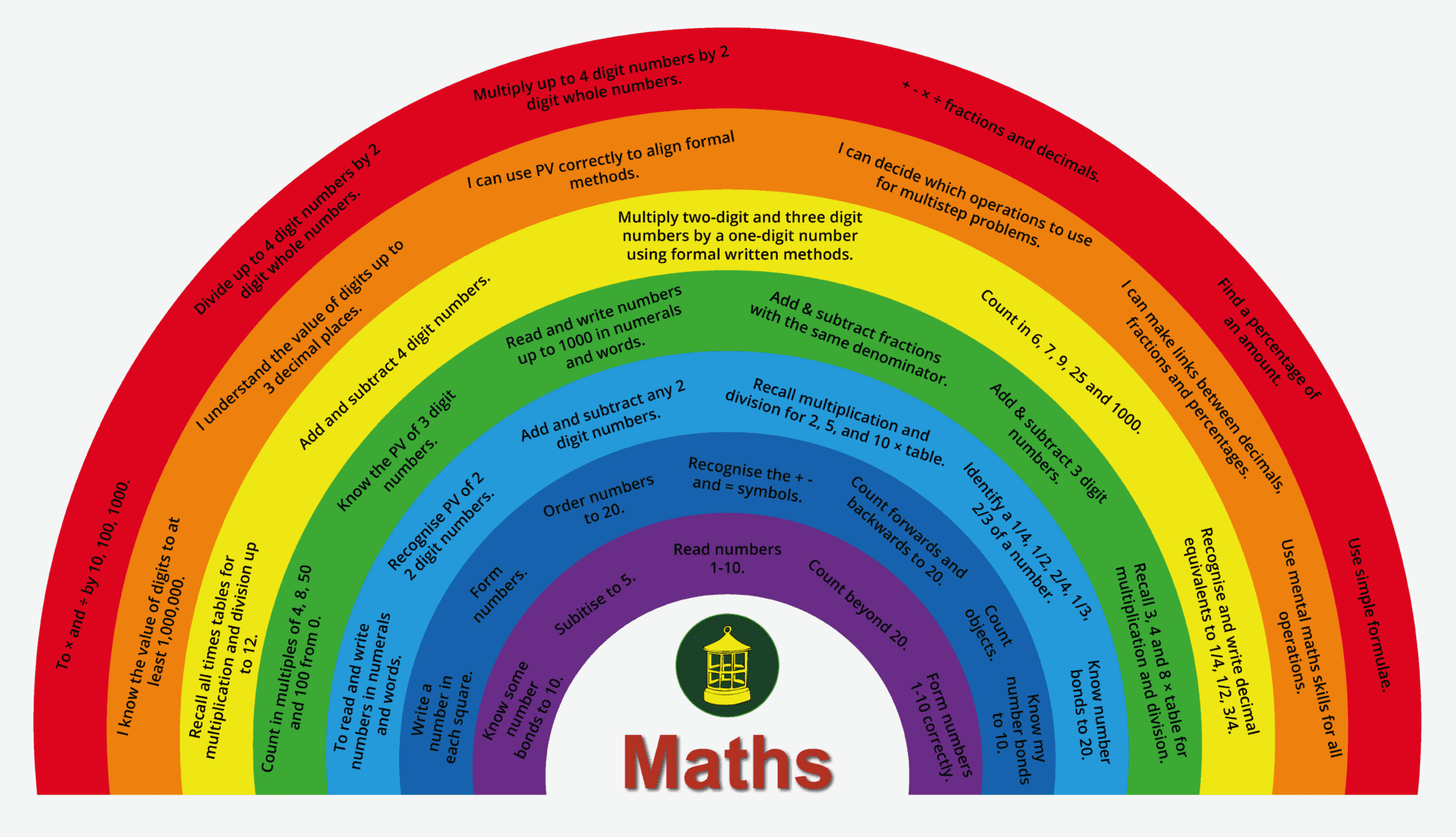Mathematics Subject Leader: Miss E Groves
For any more information on Stone St. Mary’s Mathematics Curriculum, please contact the office.
Mathematics is a part of everyone’s daily life in some form. We at Stone St Mary’s CofE Primary School strive to deliver a high-quality Mathematical curriculum that will inspire our children and enable them to flourish as mathematicians.
Intent
At Stone St Mary’s C of E Primary School we teach maths to ensure there is full National Curriculum coverage where children are given opportunities to develop their reasoning, problem solving and fluency skills. We teach maths for life, as part of cultural heritage and to begin to prepare children for life beyond school by considering the role of mathematics in their daily lives. Our Christian vision, ‘Caring Growing Shining Together’ drives our Maths curriculum. We intend on ensuring that children work collaboratively, celebrate theirs and other’s success and make progress in their Maths learning and own self confidence to develop an ‘I can do’ attitude. Our Christian values within this school link well to our overall teaching of maths, ensuring resourcefulness, reflectiveness, resilience and reciprocity in a safe and nurturing environment where children are able to grow in their knowledge and skills. We want children to be able to leave primary school with the key skills, knowledge and understanding to be successful global citizens.


Implementation
As a school we are part of the Maths Hub and are on our sustaining path in the journey for teaching the Maths Mastery approach. Therefore, our curriculum is centered around the 5 big ideas of Maths Mastery
Mathematical thinking, variation, fluency, representation and structure and they are all tied together with cohesion. ‘Mastering maths means pupils of all ages acquiring a deep, long-term, secure and adaptable understanding of the subject.’ [NCETM] teaching through a mastery approach we are providing all learners with an opportunity to develop this. Our school teaches using the White Rose scheme of learning that is adapted to meet the needs of our classes. The maths curriculum ensures progress by planning for effective questioning, adaptive teaching, challenge and independent learning. Daily plans show assessment for learning opportunities which then feed into the next day’s lesson to ensure appropriate challenge and tasks are carefully planned for to allow progression in all mathematical areas, this allows adults to tackle misconceptions through ‘misconception surgery’ or feedback frog before the next day’s maths lesson which means that children who do not fully grasps mathematical concepts do not fall behind in their learning or those who need an extra push will benefit from 1:1 or small group feedback.
Impact
Our Mathematical curriculum follows a mastery approach, which allows us to continue to develop knowledge rich pupils who are able to build on their prior knowledge through making connections and seeing links between mathematical concepts. It enables the children to feel confident to share their knowledge & understanding. We ensure that children have the opportunities to grow into independent learners who actively use their mathematical thinking to reason, problem solve and challenge their own thinking. We develop children’s ability to be collaborators and leaders by providing opportunities for Kagan lessons where children work together either through a coaching role or sharing their knowledge. Our children learn to make marvellous mistakes and to recognise how to fix them through a safe environment where they become fearless risk takers. Our children use their mathematical knowledge to apply to new context and have ample opportunities to independently practice skills. Through developing maths skills children become better at thinking logically and analytically. Through solving problems children develop resilience and are able to think creatively and strategically. The skills we teach in maths will enable children to shine in other areas of the curriculum such as computing, geography and science.

Mathematics Expectations
We have agreed on a set of Maths expectations for each year group. These were created to help our children know which features they should use in all Mathematics,
You may find these useful when supporting your child’s Maths at home, encouraging them to try and use each of these key features.
Mathematics in Each Stage
Our Maths mastery approach begins in EYFS. Using the White Rose scheme of learning, our children begin to learn mathematical concepts using real life examples and exploration to begin the building blocks for their mathematical knowledge. Through whole class learning and continued provision, children in EYFS learn:
Recognise numbers to 10, Subitise to 5. Number bonds to 5. Doubling numbers to double 5. Count beyond 20. Counting in 2s and 10s. Compare quantities using vocabulary more, less, greater, and fewer. Share quantities equally. Add and subtract within 10 using counting resources. Complete and create a simple repeating pattern. Recognise 2D shapes – square, circle, rectangle, triangle, oval. Recognise 3D shapes – cube, cuboid, cylinder, sphere. Incidental learning opportunities for Maths are also incorporated into the day to ensure that children retain more. (spaced learning)
In Years 1 and 2 children will be given a really solid foundation in the basic building blocks of mental and written arithmetic. Through being taught place value, children will develop an understanding of how numbers work, so that they are confident with 2-digit numbers and beginning to read and say numbers above 100. In KS1 children are encouraged to use concrete manipulatives and resources to support their mathematical thinking, the use of a CPA (Concrete, pictorial & abstract) approach allows children to see the structure of the mathematical concepts that they are learning which will be revisited throughout their school journey in a concrete representation. We have a range of concrete resources that children can access independently to support them with their learning such as Numicon, dienes, Cuisenaire rods & tens frames to name a few. The use of the White Rose scheme allows children to see the pictorial representations before finally moving on to the abstract representation.
In KS2 children begin to make more links to the previous key stage’s learning. We build on core concepts within mathematics and link these to new concepts. In KS2 children still use their reasoning and problem-solving skills and use sentence stems to explain their mathematical thinking. Our maths mastery focus ensures that children are exposed to a range of mathematical structure, variation in mathematical concepts and increased opportunities to develop automaticity in their fluency. In Lower Key Stage 2, children build on the concrete and conceptual understandings they have gained in Key Stage 1 to develop a real mathematical understanding of the four operations, in particular developing arithmetical competence in relation to larger numbers. This knowledge and understanding is then built on in Upper Key Stage 2 when children move on from dealing mainly with whole numbers to performing arithmetic operations with both decimals and fractions.
Mathematics Progression
SEND Information
At Stone St Mary’s C of E Primary School, we ensure that we provide opportunities for all to feel successful in their maths learning. For children with SEND, specific targets (if appropriate) are set for children with their area of need identified. Our adults are empowered to support and/or challenge children with SEND to meet their targets using high quality resources, planning and teaching to ensure that all children have the ability to show their mathematical thinking, make links between their learning and to develop their understanding of mathematical concepts. As outlined in the Kent Mainstream Core Standards, the use of adaptive teaching strategies such as scaffolding, concrete representative and small steps ensure that all children are provided with any support they need to enable access for all.



